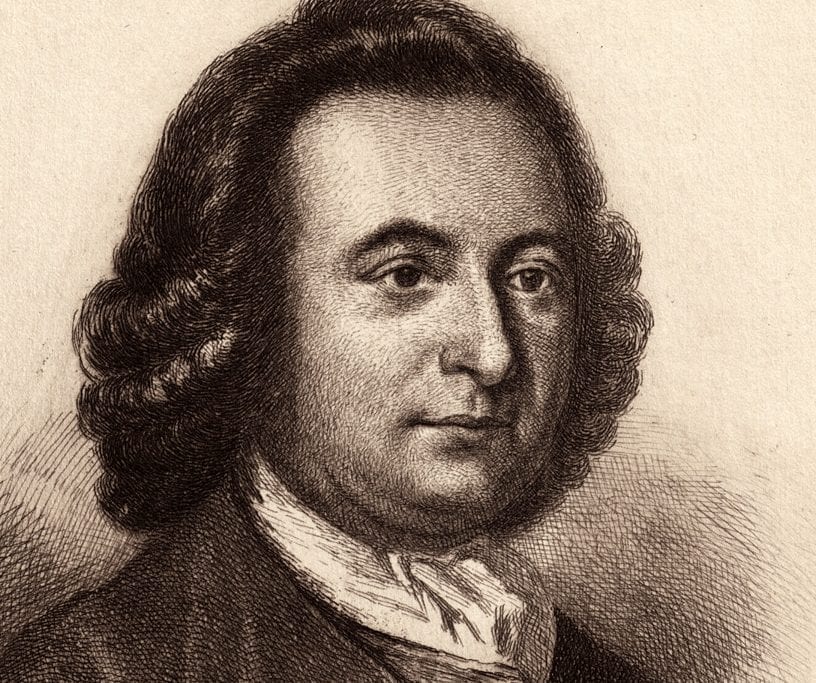Source: “George Mason to George Mason, Jr.,” May 27, 1787. In The Records of the Federal Convention of 1787, Volume III, edited by Max Farrand. New Haven: Yale University Press, 1911.https://www.loc.gov/resource/llscdam.llfr003/?st=gallery.
It is impossible to judge how long we shall be detained here, but from present appearances I fear until July, if not later. . . .
We had yesterday, for the first time, a representation of seven States—New York, New Jersey, Pennsylvania, Delaware, Virginia, Massachusetts, Connecticut, and Georgia will be here by Monday or Tuesday. The State of Rhode Island has refused to appoint deputies, and although New Hampshire has appointed it is thought we shall be deprived of their representation by no provision having been made for defraying their expenses. The State of Delaware has tied up the hands of her deputies by an express direction to retain the principle in the present Confederation of each State having the same vote; no other State, so far as we have yet seen, hath restrained in deputies on any subject.
Nothing was done yesterday but unanimously appointing General Washington1President; Major Jackson[2] (by a majority of five States to two) Secretary, reading the credentials from the different States on the floor, and appointing a committee to draw up and report the rules of proceeding. It is expected our doors will be shut, and communications upon the business of the Convention be forbidden during its sitting. This I think myself a proper precaution to prevent mistakes and misrepresentation until the business shall have been completed, when the whole may have a very different complexion from that in which the several crude indigested parts might in their first shape appear if submitted to the public eye.
[1] George Washington (1732–1799), a delegate from Virginia who presided as president over the Constitutional Convention.
[2] William Jackson (1759–1828) from South Carolina served as secretary during the Constitutional Convention.



